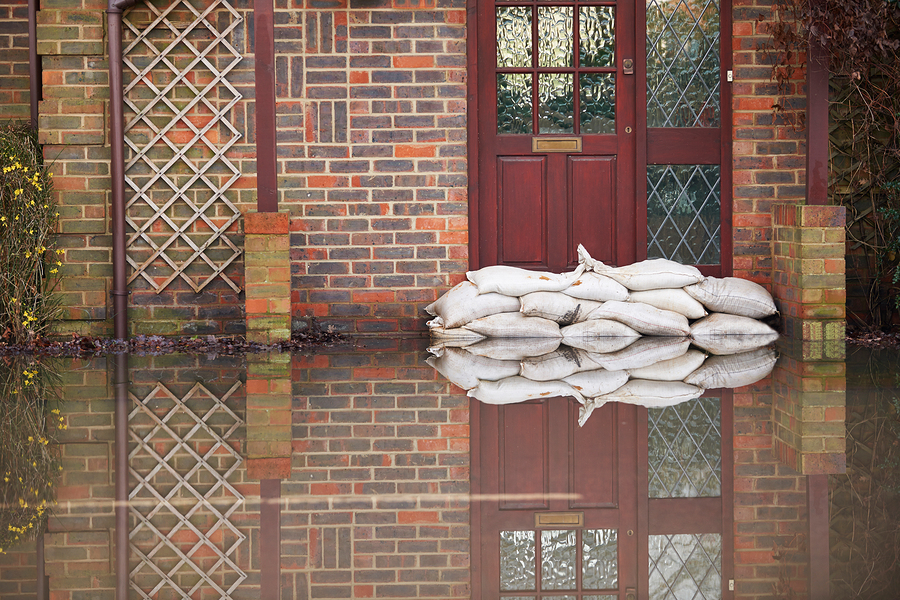4 key things about storm and flood damage insurance claims
Insurance firms are working hard to help repair the devastation caused by the extreme weather that’s hit many parts of the UK recently. Calls to insurers’ contact centres have surged, as homes, vehicles and businesses have suffered damage from flooding and strong winds.
Malcolm Tarling, a spokesman for the Association of British Insurers (ABI), says: “Insurers know that suffering storm and flood damage can be a very stressful and distressing experience.
“From making initial emergency payments, arranging and paying for alternative temporary accommodation where needed, to bringing in the best drying equipment to speed up the recovery process, their first priority is to give customers the help and support they need at a difficult time.”
When making an insurance claim for storm and flood damage, and choosing cover in the future, here are some factors to bear in mind…
1. Different types of policies will cover different claims
Make sure you check exactly what your policy does and does not cover. Comprehensive motor insurance should cover the cost of repairing or replacing storm-damaged vehicles. And buildings insurance covers the structure of your home such as the walls, wallpaper and permanent fixtures such as fitted kitchens.
Insurers may also arrange temporary accommodation if a home is uninhabitable. Brian Brown, a consumer finance expert at star ratings service Defaqto, points out that when large areas are flooded, local builders will be in high demand so you may face a wait for repairs.
“Make sure your buildings insurance policy provides enough cover for alternative accommodation,” says Brown, who suggests making sure it covers the cost of renting a similar property in your area for at least 18 months, to be on the safe side.
If you’ve been affected by #flooding caused by #StormDennis follow our advice below… #floods #storms pic.twitter.com/77H90fkVLx
— ABI (@BritishInsurers) February 17, 2020
Home contents insurance will cover the cost of replacing belongings such as furniture. Brown suggests making sure you have enough insurance to replace items as new.
“If you have a major loss (like in a flood) and the insurer finds out that you are massively under-insured, they are likely to reduce the claim payout accordingly,” he adds.
2. Try to provide details about damaged items

This may mean taking photos to help back up your claim. Don’t worry though about having to keep all your ruined items.
The ABI says insurers don’t expect customers to keep piles of damaged belongings, so once you have spoken to your insurer you can dispose of any items which pose a health risk, such as rotting food.
Also, if a damaged item is big and bulky, taking a cutting may be all you need to back up your claim, such as a piece of carpet.
The industry developed Flood Re scheme can ensure that homeowners hit by Storms Ciara and Dennis, and other high flood risk households, can continue to get affordable flood insurance https://t.co/ZNHuWkfbcd pic.twitter.com/kraLbjuRa0
— ABI (@BritishInsurers) February 17, 2020
3. Don’t rush to throw out items that could be fixed
If there’s somewhere you can store items, it may be worth seeing if they can be repaired as there are lots of drying and restoration companies out there.
4. It’s still possible to get insurance if you live in a flood risk area
Tarling explains: “An industry funded scheme known as Flood Re exists to ensure that flood insurance remains available to higher flood risk home owners. Most insurers subscribe to this scheme, so check that yours does.”
Flood Re was launched to ensure the availability and affordability of cover for households at risk of flooding. The scheme sits in the background, working behind the scenes with insurance companies. It works by enabling insurance companies to insure themselves against losses because of flooding. They can pass on the flood risk element of a policy on to Flood Re.
Customers still buy their cover from insurers or brokers in the usual way, but when a flood claim is made, the insurer will then be able to recover costs from Flood Re.
Do you know what to do in a flood? #WhattheFlood #PrepareActSurvive pic.twitter.com/3yleRFuadn
— Flood Re (@floodre) February 19, 2020
Andy Bord, chief executive of Flood Re, says: “Having launched in April 2016, the scheme has already helped over a quarter of a million households. Independent research shows that nearly four out of five households with previous flood claims have been able to find quotes that are more than 50% cheaper since the scheme was introduced.
“Whatever your circumstances – even if you have been flooded recently or are at risk of flooding – the right cover should be available at a more affordable price,” he adds. “We would strongly encourage you to shop around – using brokers, price comparison sites and contacting insurers directly – and if you have any questions about Flood Re visit our website (floodre.co.uk).”
The Press Association
Latest posts by The Press Association (see all)
- The Osmonds star and ‘beloved husband and father’ Wayne Osmond dies aged 73 - January 2, 2025
- What screenings are available on the NHS to detect cancer early? - January 2, 2025
- Help your grandchildren make the most of Big Schools’ Birdwatch - January 1, 2025
- Veteran radio star Johnnie Walker dies aged 79 - December 31, 2024
- 5 fantastic winter walks for wildlife spotting - December 31, 2024




















